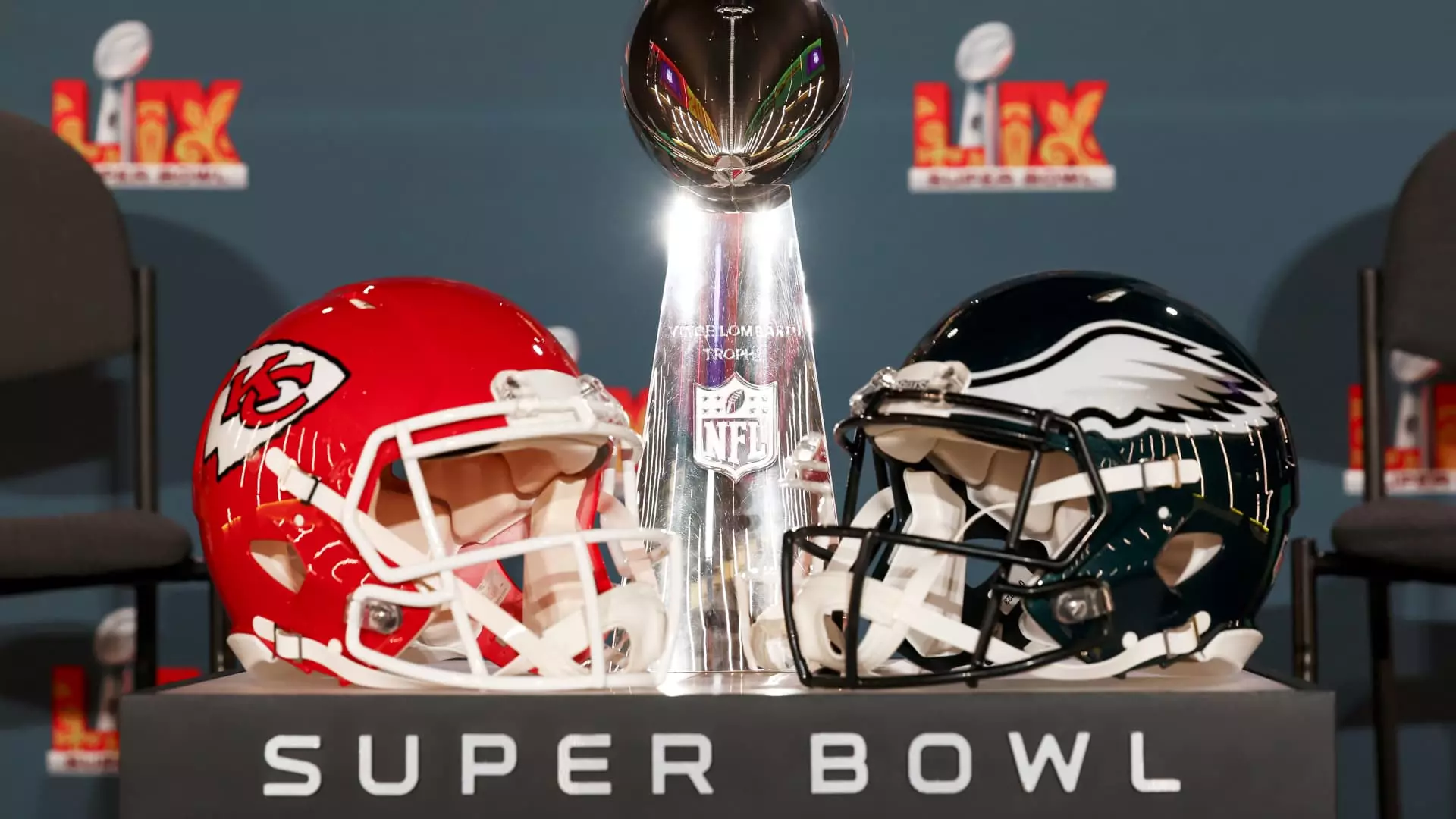The recent crackdown on ticket resale violations by the NFL exposes a glaring inconsistency within the league’s integrity standards. While the NFL projects an image of professionalism and fairness, this incident underscores how greed and self-interest can corrupt even its most revered institutions. The league’s decision to fine players and staff for profiting from Super Bowl tickets suggests a recognition that the integrity of the game isn’t just about the on-field performance but also about upholding moral standards behind the scenes. However, by focusing heavily on penalizing individual violations, the NFL reveals a troubling tendency to enforce rules selectively—targeting some while allowing systemic issues to fester elsewhere.
This crackdown appears reactive rather than proactive. The league’s internal memo indicates that it has only begun to address the issue after breaches were exposed, which raises doubts about oversight and preventive measures. Such incidents make it clear that the NFL, despite its enormous revenues and global influence, still struggles to establish a culture of accountability among its high-profile players and employees. The fine system—set at 1.5 times and twice the face value for players and staff, respectively—serves as a deterrent, but it ultimately reflects a symptom of a deeper problem: the league’s failure to create a truly transparent environment where integrity is more than just a slogan.
Are Penalties Sufficient or Just a PR Patch?
While the league’s intention to increase penalties and tighten compliance training is commendable, these measures seem more like cosmetic fixes than genuine reform. The NFL’s focus on financial penalties and future purchasing bans may curtail individual greed temporarily, but they do little to confront the systemic culture that allows such behaviors to thrive in the first place. The rule that prohibits profiting from tickets acquired through NFL employment appears straightforward, yet enforcement is patchy at best. The fact that these violations required an investigation points to a broader failure in oversight mechanisms.
Furthermore, the NFL’s stance—that no one should profit at fans’ expense—strikes a moral high note but appears disconnected from the realities of modern sports business. Profiting from the resale of tickets is ingrained in the industry’s ecosystem, driven by high demand and the lucrative nature of the Super Bowl experience. A more profound reform would involve rethinking the entire ticketing and resale framework instead of merely penalizing individual bad actors. Until the league confronts these underlying structural issues, claims of upholding integrity will remain superficial.
The Broader Impact on Fans and the League’s Future
This scandal casts a shadow over the NFL’s reputation and raises questions about the true nature of fairness within its ranks. Fans, who remain the core constituency of the sport, deserve assurance that the league values their experience and trust above short-term profits. When players and staff flout policies for personal gain, it erodes the league’s moral authority and diminishes the very spectacle that millions cherish.
Additionally, the league’s focus on policing resale violations misses a golden opportunity to foster a more equitable environment. Should the NFL not consider more comprehensive reforms—such as transparent ticket allocation, secondary market regulation, and stricter oversight—the problem will likely persist, tainting future major events. Ultimately, the NFL’s response will prove whether it genuinely aspires to uphold integrity or merely pays lip service to its moral obligations in an effort to salvage its public image.

